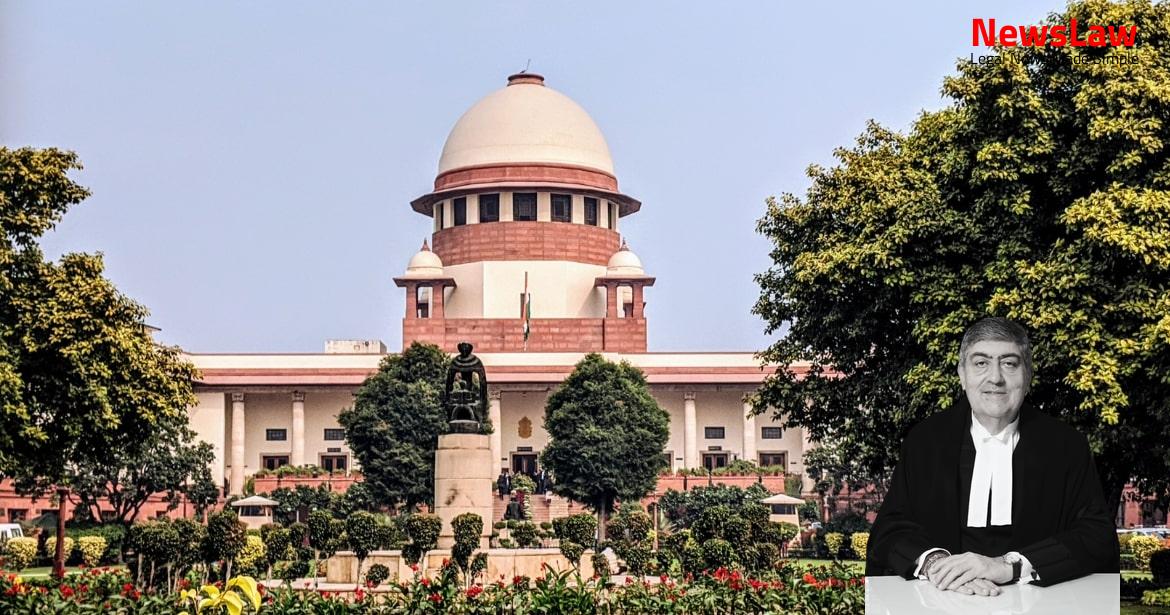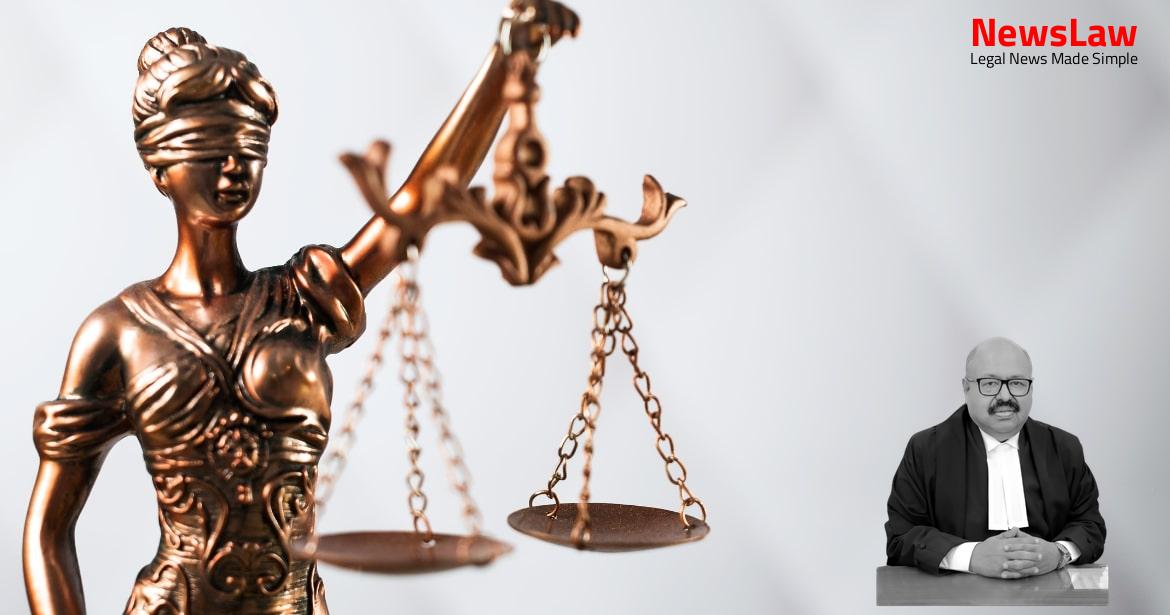Upon completion of the investigation, chargesheet was submitted against the appellant-accused for committing offence under Section 302 of IPC and, during the course of trial, the prosecution examined 17 witnesses to prove its case. Although, the defence of insanity has not been expressly pleaded by the appellant-accused in his examination under Section 313 of the Code of Criminal Procedure, 1973 wherein he would mainly claim ignorance about the occurrence of the incident; at the same time, denying that he had attacked his grand father (deceased). Sirajudden learned senior counsel appearing on behalf of the appellant-accused at the very outset submitted that the judgment of acquittal can be reversed by the appellate court only when there is perversity and not by taking a different view on reappreciation of evidence. After hearing the learned senior counsel for the appellant-accused as well as learned counsel for the respondent/State and having meticulously perused the material placed on record, the only question that falls for our consideration is, whether the case of the appellant-accused falls within the exception under Section 84 of IPC or not.
She rushed back to her house and saw the appellant-accused aiming the sharp-edged weapon towards the deceased. She would further depose that after snatching the weapon she hid it under some rod materials but when she looked back, she again saw the accused with his hand on the neck of the deceased trying to take out the windpipe from the neck of the deceased which was already cut. Lepcha) conducted the autopsy and found the following ante mortem injuries in his report (Exhibit-11): (a) Linear shaped injury (7.5 x 0.5 cms) placed over the right-side face 5 cm below and lateral to the right eye; (b) Spindle shaped incised injury (3 x 0.5 cms) placed along injury No (a) above; (C) Spindle shaped incised injury (7 x 0.8 x muscle) over the right mandible (d) Chop injury (10 x 3 cms) placed just above the thyroid cartilage with bevelled margin over the superior margin ( 7 x 1 cms). PW-2 (Ajoy Rai), cousin of the appellant-accused admitted during his cross-examination that the appellant-accused was studying in Dehradun and that he was brought back to Sikkim as he was suffering from mental illness. During preliminary examination, this witness categorically deposed that going by the case history of the accused prepared by the Central Referral (Manipal) Hospital, Tadong he had earlier been treated for acute and transient psychotic disorder w.e.f. When this witness again examined before the Trial Court on 11.09.2017 and was subjected to cross-examination he proved the discharge summary of the appellant-accused issued by the Central Referral (Manipal) Hospital.
Similarly, the evidence of PW-13 would show that when she was leaving the spot, the appellant-accused came near her and asked what I have done to my grandfather. This witness also admitted that in the discharge summary of the appellant-accused (Exhibit-D), he was prescribed the tablet Lorazepam which is a psychotropic substance apart from being an anxiolytic agent. The prosecution, therefore, in a case of homicide shall prove beyond reasonable doubt that the accused caused death with the requisite intention described in Section 299 of the Indian Penal Code.
Under Section 105 of the Evidence Act, read with the definition of “shall presume” in Section 4 thereof, the court shall regard the absence of such circumstances as proved unless, after considering the matters before it, it believes that said circumstances existed or their existence was so probable that a prudent man ought, under the circumstances of the particular case, to act upon the supposition that they did exist. The doctrine of burden of proof in the context of the plea of insanity may be stated in the following propositions: (1) The prosecution must prove beyond reasonable doubt that the accused had committed the offence with the requisite mens rea, and the burden of proving that always rests on the prosecution from the beginning to the end of the trial. accused was not able to establish conclusively that he was insane at the time he committed the offence, the evidence placed before the court by the accused or by the prosecution may raise a reasonable doubt in the mind of the court as regards one or more of the ingredients of the offence, including mens rea of the accused and in that case the court would be entitled to acquit the accused on the ground that the general burden of proof resting on the prosecution was not discharged.” 21.
and Bapu vs State of Rajasthan this Court has held that an accused who seeks exoneration from liability of an act under Section 84 of IPC has to prove legal insanity and not medical insanity. In addition to the above, it is significant to note that the present is a case where the appellant-accused was acquitted by the Trial Court and the High Court has reversed the judgment of acquittal upon appeal preferred by the State. In the case at hand, the High Court had reversed the finding of acquittal and convicted the appellant mainly on reappreciation of evidence by holding that the Trial Court erred in extending the benefit of Section 84 of IPC, without even recording a finding that the Trial Court’s finding is perverse. The appellant shall be set at liberty forthwith, if not required in any other case.



